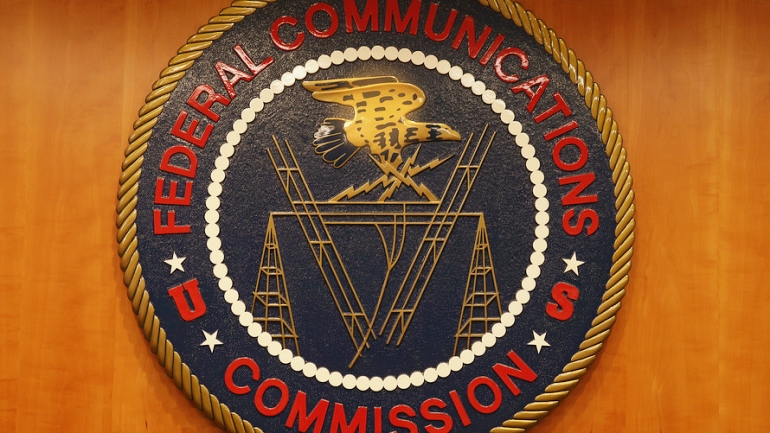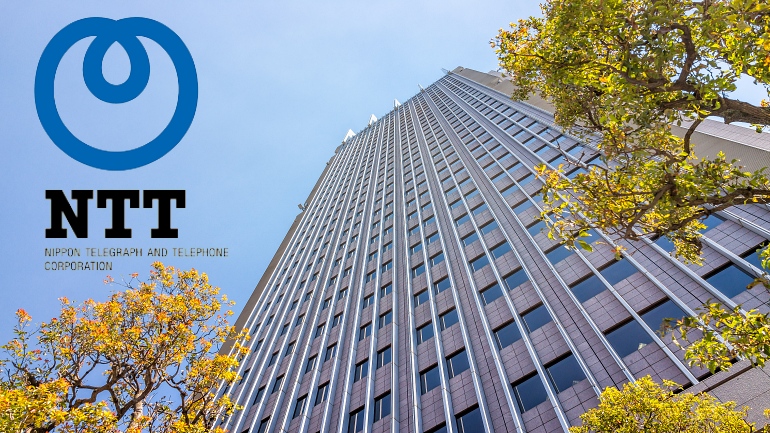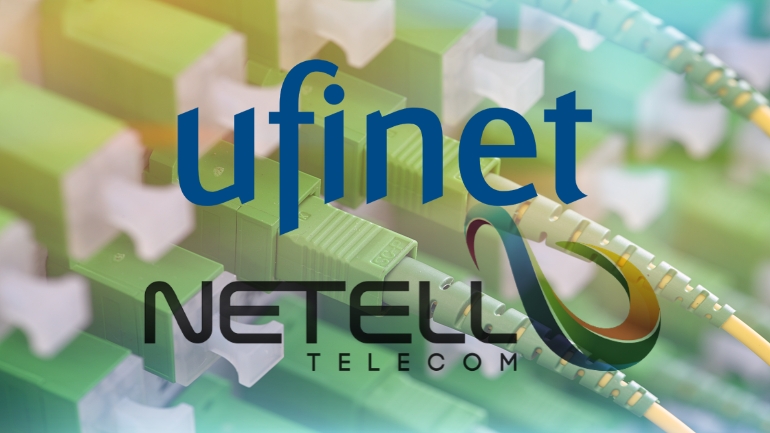Angola Cables and rest of Angolan telecoms industry to be privatised Angola’s official journal, the Diario da Republica has announced that under the Privatisation Programme, the Angolan government is to sell stakes in 195 companies. The telecommunication companies that will be included in the Privatisation Programme are Unitel (in which MSTelecom has a 20% stake), MS Telecom itself, Net One, Multitel, Angola Telecom, TV Cabo Angola, Angola Cables, Angolan postal company ENCTA, Angola Comunicacoes e Sistemas (ACS) and telephone directory company ELTA. Read more at: https://tinyurl.com/y5aw5r9y Google Accounts now let Android web users authenticate themselves with their fingerprint Google now allows Android phone users to sign into some of its services without a password. The users will verify their identity with a fingerprint only, which makes authentication more secure and easier. This feature is built by using open authentication standards FIDO2, FIDO CTAP and WebAuthn. Read more at: https://tinyurl.com/yy272mwn Verizon…
The Federal Communications Commission (FCC) has announced the adoption of new rules banning malicious caller ID spoofing of text messages and foreign robocalls. The new regulations will allow the US federal government to carry out enforcement action against foreign businesses involved in deliberate spoofing, thus closing “a loophole in the law that prevented the agency from pursuing scammers sending spoofed text messages and international fraudsters making spoofed calls to Americans.” According to the announcement, this resolution is the further implementation of amendments to the Truth in Caller ID Act of 2009 that “prohibits anyone from causing a caller ID service to knowingly transmit misleading or inaccurate caller ID information (“spoofing”) with the intent to defraud, cause harm, or wrongly obtain anything of value.” These rules have been put in place to counteract scammers operating in overseas call centers who often pretend to be calling from reliable companies. They use…
The second Payment Services Directive, or so-called PSD2 requirements will come into force on September 14th, 2019. With this deadline approaching, we have decided to examine this matter from the merchandiser’s perspective. In brief, PSD2 is an initiative from the EU aimed at regulating the e-payment environment where banks and fintechs (Third Party Service Providers – TPSPs) currently operate in a largely disorganized manner. There is no consistent, standardized or regulated framework that defines the cooperation between banks and TPSPs. The bank may refuse access by a TPSP to its client’s bank account, preventing the same client or merchandiser from using the TPSP’s services, which may be more convenient or less costly than banking services. To regulate the e-payment market, PSD2 will force banks to grant third-party access to their clients’ bank accounts. Equally important, TPSPs will be regulated – they will have to obtain a license and…
The Japanese telecommunications company Nippon Telegraph and Telephone Corporation (NTT Corporation) has set up a new global technology services provider, NTT Ltd. The new NTT enterprise combines the capabilities of 28 companies, with NTT Communications, Dimension Data and NTT Security amongst others, into a single entity worth USD 11 billion. Headquartered in London, NTT Ltd. will have about 40000 employees in offices spread across 70 countries and regions. According to Jun Sawada, President and CEO for NTT Corporation, combining the new capabilities of NTT Ltd. along with NTT Data creates a global technology and business solutions provider outside Japan, with revenues of USD 20 billion. “Going forward, we will accelerate our execution as one NTT in order to contribute to a smarter and better world through digital transformation,” said Sawada. The collaboration of all these companies and the increased investment in innovation and R&D will allow NTT Ltd.…
Telecommunications giant AT&T and Colt Technology Services, a provider of network, voice, data centre and managed cloud services, have successfully completed the integration of MEF’s Lifecycle Service Orchestration (LSO) Sonata Application Programming Interfaces (APIs) that allow business customers to virtually seamlessly order services across multiple carriers. The two companies claim to be the first in the telecom industry to use MEF’s LSO Sonata APIs to automate the ordering of Ethernet services. Roman Pacewicz, Chief product officer, AT&T Business, said, “There’s no doubt this will change how carriers interact and operate in the industry. Our interactions are now more cost-efficient, flexible and error-free. We kicked off interoperability discussions and trials three years ago and gained important insights that will help create and refine industry standards under the guidance of MEF. The transformation of networks to a dynamic, on-demand, software-centric, cloud-based model opens up opportunities for everyone.” The implementation of the…
Ufinet, one of the leading international telecom operators in Latin America and a provider of fibre infrastructure and transmission services, has acquired a majority stake in the Brazilian wholesale carrier Netell Telecom, which offers connectivity services to local and international enterprises, network operators and service providers. With Netell’s network coverage in the metropolitan area of Sao Paulo and a broader regional reach, Ufinet will be able to better serve its global customers in Latin America. Inigo Garcia del Cerro Prieto, Chief Executive Office of Ufinet Telecom, said, “This transaction represents an important milestone for our group. Netell has always delivered an impressive service, with great human resources and long experience in the market, which makes it a perfect match for us. This will definitely leverage our growth in Latin America.” The companies signed the agreement during the International Telecommunications Week (ITW), thus allowing Ufinet to enter the Brazilian…
EllaLink Ireland Ltd (EllaLink) has announced the appointment of the former Sparkle CEO Alessandro Talotta, and Alberto Horcajo, who has held senior positions at Telefonica’s Telxius, to its Board of Directors. EllaLink is a subsea cable project being built with advanced coherent technology and will initially offer 72 Tbps of capacity over a four fiber-pair system, helping to remedy the congestion currently plaguing North Atlantic traffic. By linking data centers in Madrid, Lisbon, Marseille, Fortaleza and Sao Paulo, EllaLink is expected to provide express subsea connectivity and offer the world’s first direct fiber pair between Europe and Latin America. Michael Dedieu, Chairman of the EllaLink board and managing partner at Marguerite, an infrastructure investment fund that is backing the project, commented, “We are delighted to welcome Alessandro and Alberto as new independent directors to the EllaLink Board. Their skills will greatly complement the current board’s expertise through the on-going construction…
The global race for future technologies has accelerated even further, with the South Korean wireless carrier SK Telecom announcing that it is joining forces with network hardware providers Ericsson, Nokia and Samsung Electronics to carry out collaborative research and development projects to pave the way for 6G mobile network technologies. The partnership will also help to upgrade the already-advanced 5G technology, and expand its adoption in other areas, including self-driving cars and in-built solutions. Park Jin-Hyo, Chief technology officer and Head of ICT R&D Center of SK Telecom, said, “Through strengthened cooperation with Ericsson, Nokia and Samsung Electronics, SK Telecom will be able to secure the world’s best 5G quality and lead the way towards 6G mobile network communications.” In accordance with the terms of the signed memorandums of understanding (MOUs), SK Telecom will work closely with each company to promote the advancement of 5G network technologies. They…
The Philippines operator Globe Telecom has signed a memorandum of understanding (MOU) with ISOC Infrastructure Inc. and Malaysia-based tower company Edotco Group Sdn. Bhd., to support the common tower initiative of the Department of Information and Communications Technology (DICT). By entering this three-party agreement on the set-up of 150 mobile towers across the Philippines, Globe becomes the first telecommunications company to support the DICT initiative. According to Globe, unlike in most other countries, the information and communication technology (ICT) infrastructure spending in the Philippines has been left solely to the private sector, leading to huge gaps in cell site and wired broadband coverage across the country. For example, Vietnam has 90000 cellular towers compared to 17850 cellular stations in the Philippines. Furthermore, according to the latest data reports from TowerXchange, there are 34300 cellular towers in Pakistan, and 30000 sites in Bangladesh. In a statement, Globe Telecom president and CEO…
The San Francisco-based cloud giant Salesforce has reached an agreement to buy Tableau Software Inc. in an all-stock deal valued at $15.7 billion. By acquiring Tableau, which provides easy-to-use tools for data visualization and management, Salesforce has positioned itself as the latest major technology company to play an important role in helping enterprises analyze data, make smarter decisions, drive intelligent, connected customer experiences, and facilitate innovation. “We are bringing together the world’s #1 CRM with the #1 analytics platform. Tableau helps people see and understand data, and Salesforce helps people engage and understand customers,” stated Marc Benioff, chairman and co-CEO, Salesforce. “It’s truly the best of both worlds for our customers – bringing together two critical platforms that every customer needs to understand their world. I’m thrilled to welcome Adam and his team to Salesforce.” Currently, Tableau has more than 86,000 business customers around the world, including Charles Schwab,…













